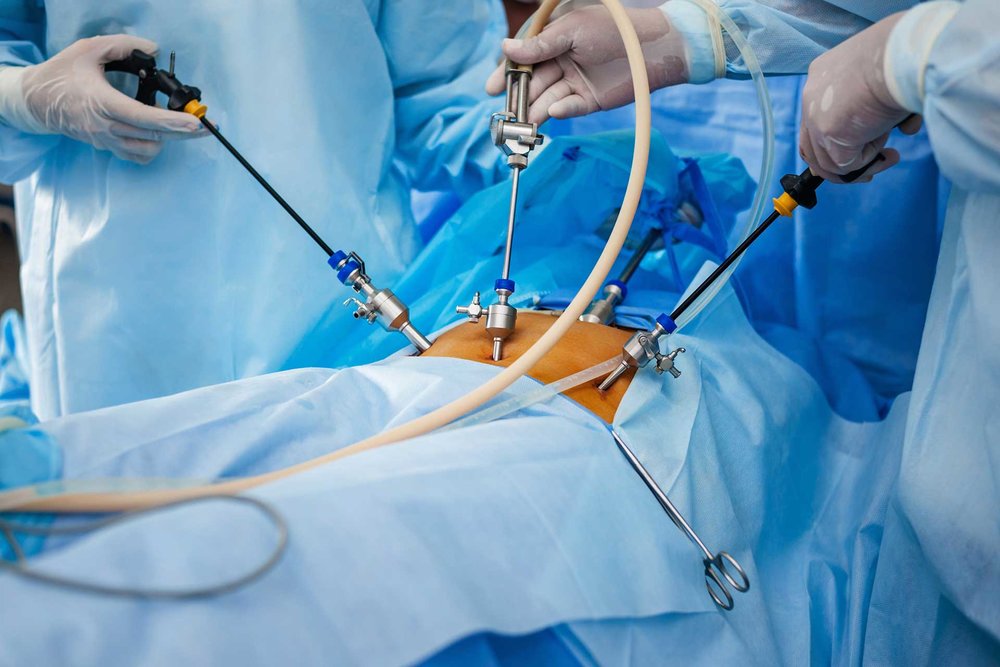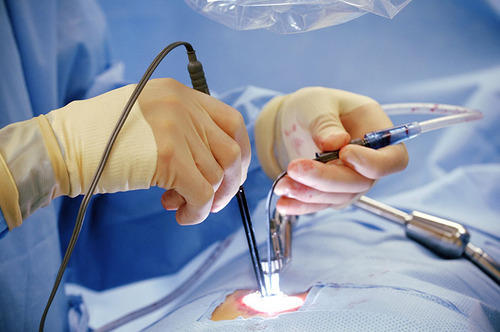Minimally Invasive Urology
Home / Minimally Invasive Urology

What Is Minimally Invasive Urologic Surgery?
Minimally invasive urologic surgery is the latest in diagnostic and treatment techniques for people with disorders or diseases of the:
- Kidneys
- Bladder
- Prostate
Surgeons use small tools through tiny keyhole cuts to diagnose and treat kidney stones, prostate cancer, and other urologic problems.
Benefits of Minimally Invasive Urology Surgery
Minimally invasive, robotic techniques in the field of urology can reduce:
- Post-op pain
- Healing time
- Side effects
Types of Minimally Invasive Urologic Surgery
Minimally invasive methods for treating urologic problems include:
- Robotic-assisted prostatectomy — this nerve-sparing technique for prostate cancer can preserve potency and bladder control.
- Laparoscopic nephrectomy — this lets surgeons remove all or part of the kidney through a small cut instead of a large open cut.
- Percutaneous nephrolithotomy — this highly specialized technique lets surgeons remove large kidney stones through a keyhole cut. They use high-frequency sound waves to break down the kidney stones and a vacuum to quickly remove fragments.
- Prostate brachytherapy (seed implants) — this is an effective treatment for prostate cancer. Seed implants deliver a high dose of radiation to the tumor while reducing the risk of damage to nearby tissue. UPMC Mercy is the only Pittsburgh hospital using Cesium-131. This newer isotope has a much shorter half-life than older isotopes, which helps end side effects faster.

